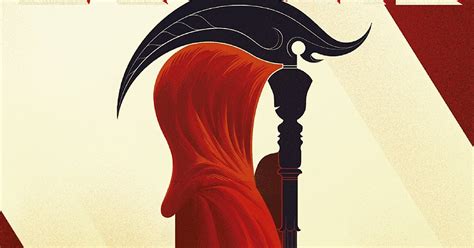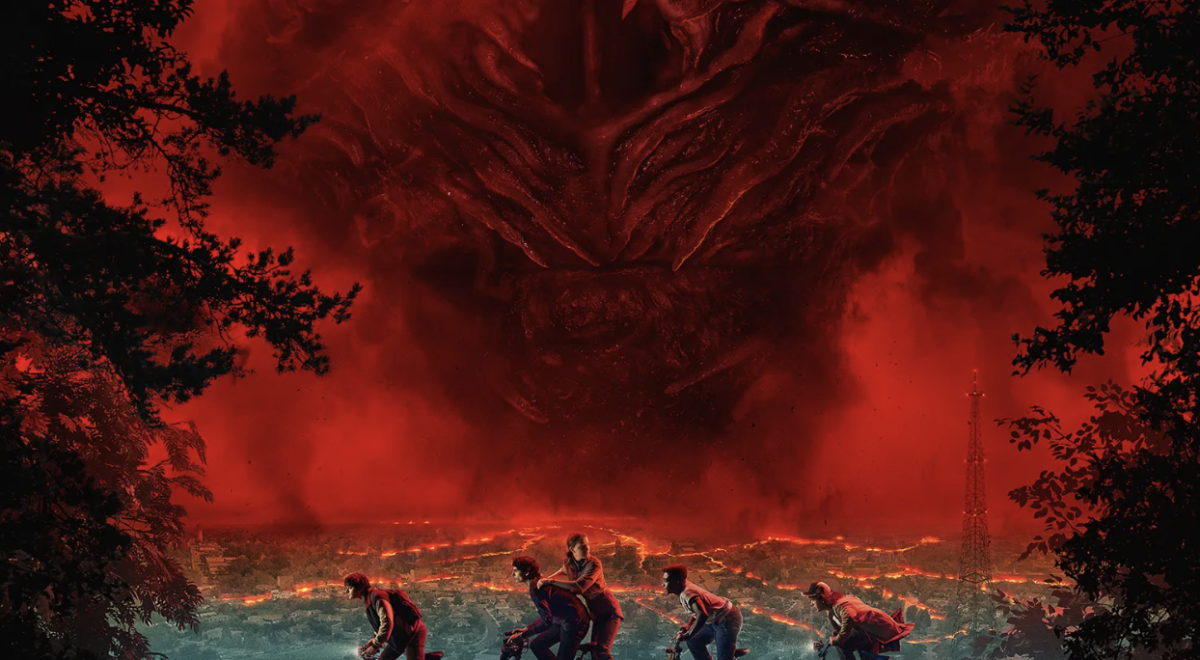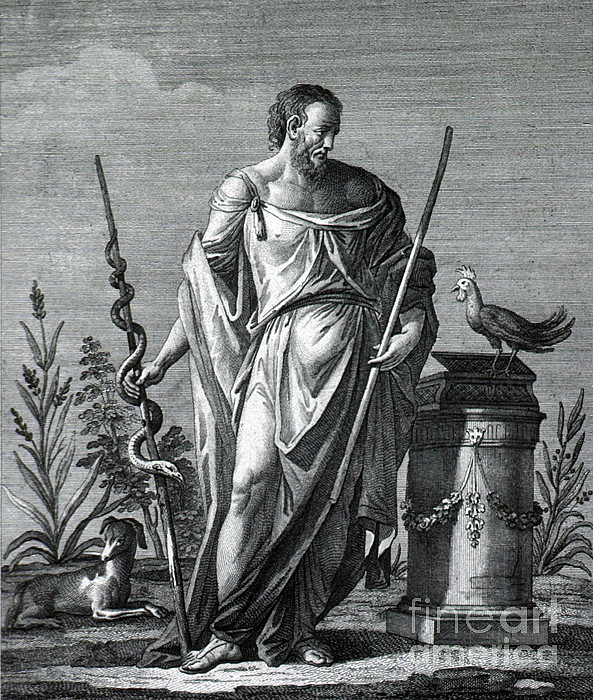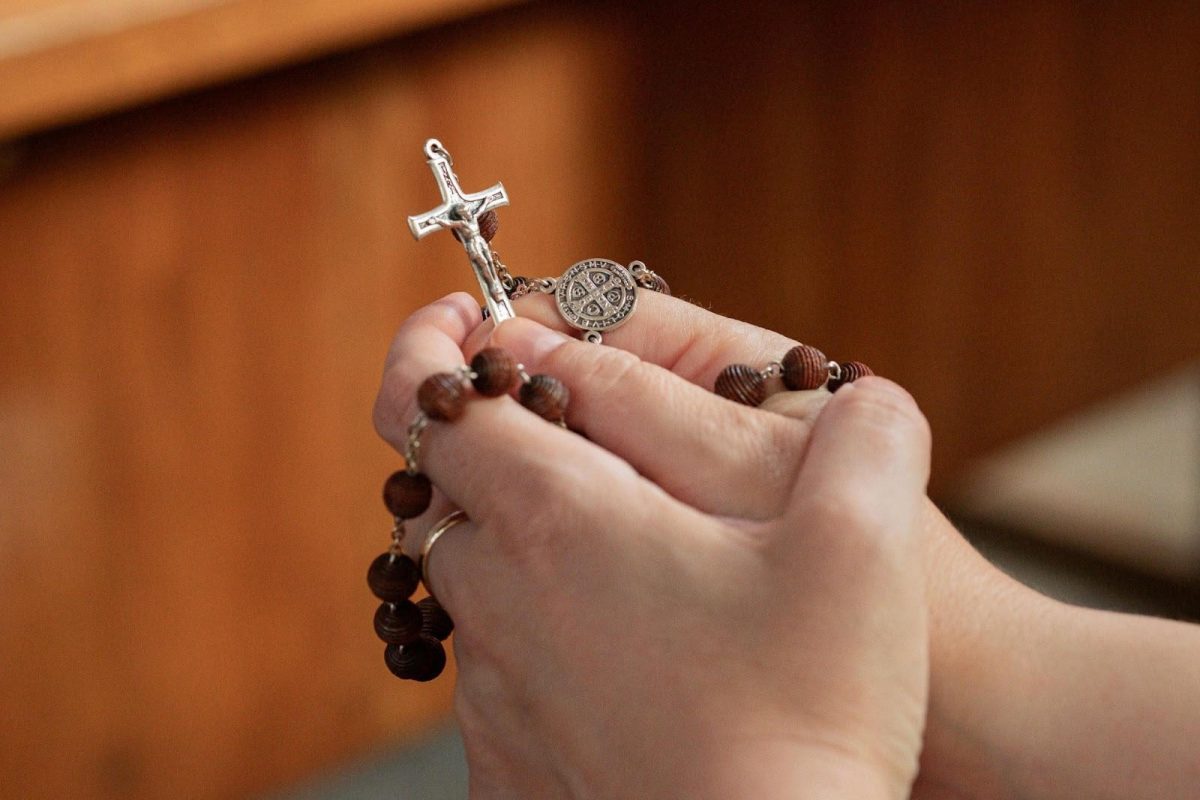“My greatest wish for humanity is not for peace or comfort or joy. It is that we all still die a little inside every time we witness the death of another. For only the pain of empathy will keep us human.”
This quote is from the first book of the Scythe series by Neal Shusterman, and it is spoken by Scythe Curie. She shares her own controversial understanding of having compassion in a world in which death isn’t naturally a part of life anymore.
Side note: I want to establish that I will do my best to refrain from revealing most of the plot for those who don’t like spoilers. For those who have not read this series, I hope that I can encourage you to give Scythe a try.
In Scythe, the concept of immortality is explored through a version of society where all problems, such as sickness, war, hunger and (most prominently) death, have been conquered. People can live indefinitely and be brought back to life, as being dead is only the temporary state of being “deadish.” However, in order to maintain the population, a small group of people are handpicked to be rigorously trained in the art of taking life. They are the only ones who are granted the permission to permanently kill people in exchange for their own immortality. This killing is called “gleaning,” and these people are Scythes. While this eradication of death eliminates Man’s previously unrelenting fear of mortality, it also leads to significant consequences. While reading, I thought that this kind of living begs the question of whether immortality truly enhances life or diminishes its meaning.
Like Scythe Curie said before, I feel as though immortality is a seemingly utopian world can only bring more strife than when the world was in a previous state of “disrepair.” The problems surrounding immortality can show up in society in small ways at first, like cracks in a wall, but they can easily escalate until everything comes crashing down. This is based on the theory that humanity can never be satiated, because once you have something, you instantly forget how it was to not have it. One feels the need to want more, that they deserve more, bringing about a rise in narcissism. People with this kind of entitlement and control in a fragile world can wind up in an eminent pursuit of power that only results in the destruction of themselves and everyone around them.
This may or may not be what happens in the series.
The immortality in Scythe is shown to strip away the urgency of life, as there are no longer any natural limits or end points. People become stagnant as they lose the sense of purpose that the knowledge of mortality used to bring them. As previously stated in the quote of Scythe Curie, it is the pain of empathy and the awareness of death that keeps humanity grounded. Without it, people drift through existence, devoid of meaningful emotional connections or fulfillment. Through this book, the author suggests that death has an important role in maintaining the value of life. Immortality in this context is not portrayed as a blessing, but as a beckoning toward a kind of perpetual emptiness.
“In a perfect world everything would be either black or white, right or wrong, and everyone would know the difference. But this isn’t a perfect world. The problem is people who think it is.”
By Lilly Rose Madani ‘27, Contributing Writer
27lmadani@montroseschool.org













